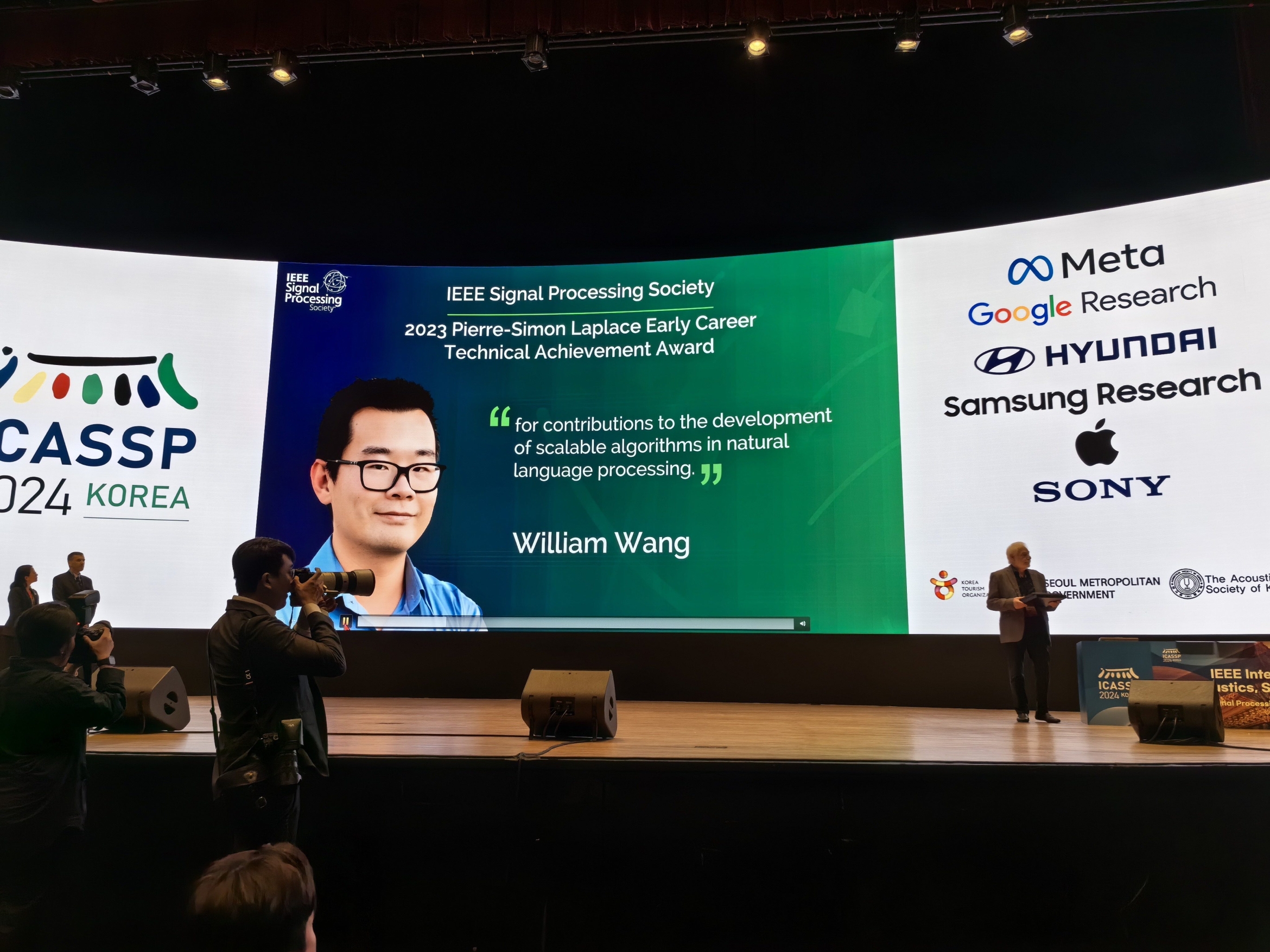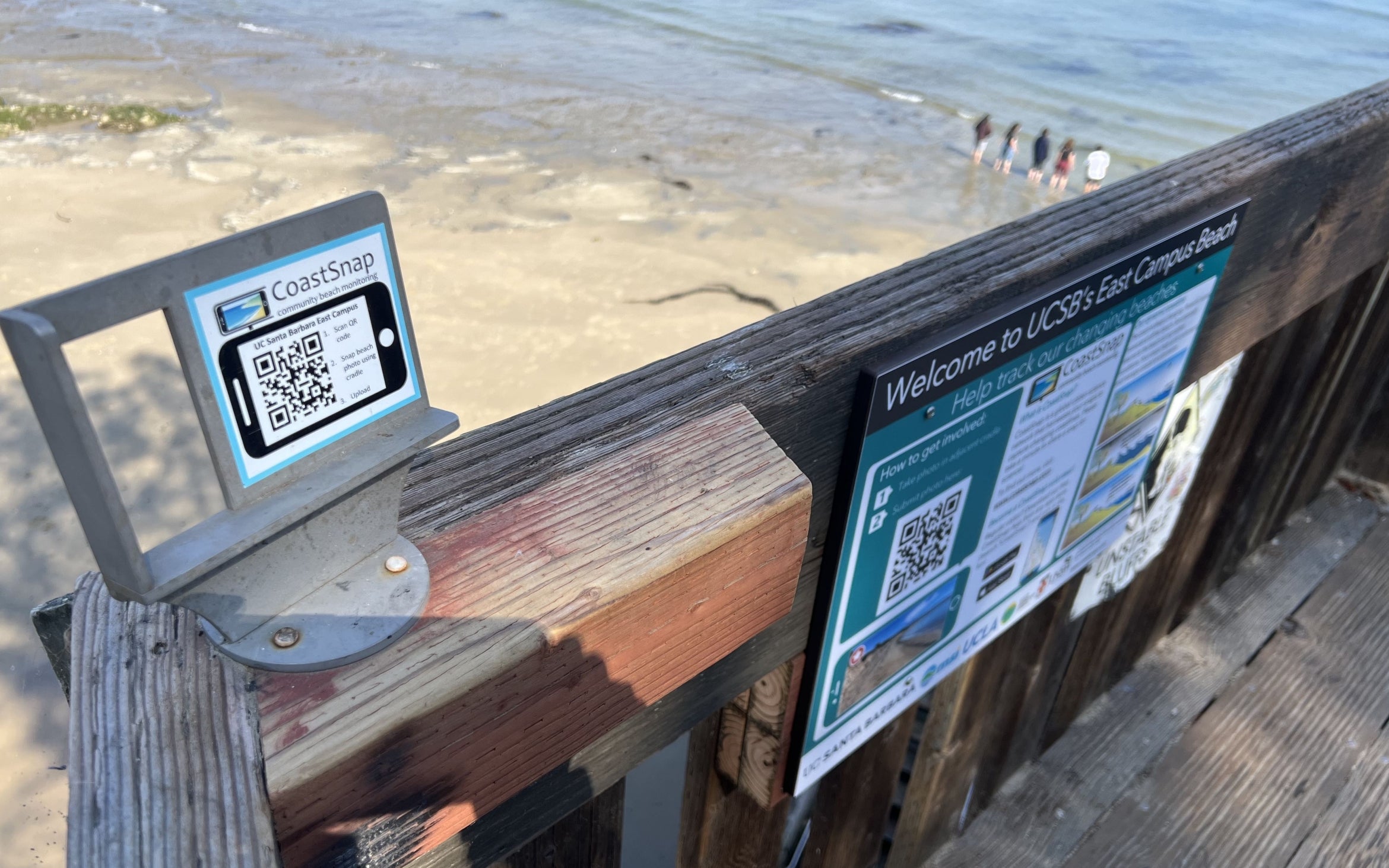
Shape of Things to Come
You may not know it, but we’re surrounded by them. They’re in our shoes, our roads, our tires, our adhesives, our clothes, our appliances and even our artificial implants. They’re block copolymers, and since their first synthesis in the 1950s, scientists and engineers have been finding new ways to use these versatile molecules to create ever more sophisticated materials.
“By carefully choosing the ingredients used to build each molecule, a vast array of physical and chemical behavior is possible,” said Christopher Bates, an assistant professor in UC Santa Barbara’s Materials Department and Department of Chemical Engineering. In the nano-scale world of block copolymers, function follows form, and through this principle molecular designers have been able to generate a variety of novel materials with interesting behaviors such as strong-yet-elastic synthetic rubbers or stimuli-responsive encapsulants for controlled drug delivery.
Still, said Bates, we have much to learn about these types of molecules, whose unique ability to spontaneously self-assemble into structures of various shapes — and thus materials of specific and often hybrid properties — has great potential for our emerging and future technological needs.
Now, with a National Science Foundation (NSF) CAREER Award, Bates is poised to shed some light on the matter.
“The most fascinating aspect of this field is that it sits at the intersection of chemistry, materials science, physics and engineering,” said Bates, whose research group leverages a variety of synthetic and physical techniques to design, construct and analyze new soft materials. According to him, despite considerable research effort worldwide, many aspects of block copolymers remain poorly understood.
Bates’ project, “Complex Phase Behavior in Block Copolymer Materials,” aims to “uncover the fundamental molecular design rules that control structure formation in block copolymers through a combination of experiments and theory.” Through a program of synthesis, simulation and characterization funded by the prestigious NSF award, and enabled by UC Santa Barbara’s state-of-the-art materials facilities, Bates and his research group intend to take a deep dive not only into what molecular structures are accessible through self-assembly, but also why they develop and how to bias their formation. Why, for instance, are some molecular structures inherently more stable than others? How do composition and processing affect self-assembly? And, of course, what new structures — and thus materials — can be created with the knowledge gained from these investigations?
“Our project with NSF focuses on uncovering unique self-assembled motifs, understanding why they arise, and connecting this knowledge back to controllable design parameters,” Bates said. “Since structure is the bedrock of block copolymer-based material properties, we anticipate that this fundamental insight might create new opportunities across various disciplines.”
In addition, the project also aims to bring knowledge to the next generation of materials scientists from grade school to grad school through a series of hands-on workshops, teacher training and curriculum development.
“The most exciting aspect is that the award will fund new and exciting research, which is really enabling for students,” said Bates, who joined the UC Santa Barbara’s College of Engineering faculty in July 2016. “This award enables us to move in new directions at the cutting-edge of science and further integrate into the collaborative environment that is characteristic of UCSB.”
“The NSF CAREER program provides vital support to early-career faculty that enables them to carry out innovative and impactful research while advancing education,” said UC Santa Barbara Materials Department Chair Michael Chabinyc. “The Department is looking forward to the outstanding research that will come from the award and is thankful for NSF’s support of graduate education in materials science.”
NSF’s Faculty Early Career Development (CAREER) Program is a foundation-wide activity that offers the National Science Foundation's most prestigious awards in support of early-career faculty who have the potential to serve as academic role models in research and education and to lead advances in the mission of their department or organization.



